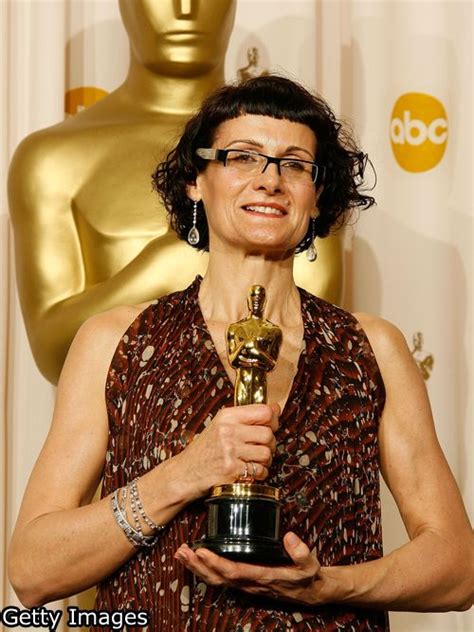A Quote by Wesley Clark
Working together, we can build a world in which the rule of law - not the rule of force - governs relations between states. A world in which leaders respect the rights of their people, and nations seek peace, not destruction or domination. And neither we nor anyone else should live in fear ever again.
Related Quotes
I believe in an America that is on the march - an America respected by all nations, friends and foes alike - an America that is moving, doing, working, trying - a strong America in a world
of peace. That peace must be based on world law and world order, on the mutual respect of all nations for the rights and powers of others and on a world economy in which no nation lacks the
ability to provide a decent standard of living for all of its people.
We have before us the opportunity to forge for ourselves and for future generations a new world order, a world where the rule of law, not the law of the jungle, governs the conduct of nations. When we are successful, and we will be, we have a real chance at this new world order, an order in which a credible United Nations can use its peacekeeping role to fulfill the promise and vision of the U.N.'s founders.
The attack upon Korea was an outright breach of the peace and a violation of the Charter of the United Nations. By their actions in Korea, Communist leaders have demonstrated their contempt for the basic moral principles on which the United Nations is founded. This is a direct challenge to the efforts of the free nations to build the kind of world in which men can live in freedom and peace.
I have no doubt that there will continue to be bumps, some serious crises indeed in our relationship with China.... Neither membership in the WTO nor normalized trade relations with the United States will magically impose the rule of law on China or institute deep-seeded respect for human rights. But it certainly has potential to advance those purposes.
Education as the practice of freedom--as opposed to education as the practice of domination--denies that man is abstract, isolated, independent and unattached to the world; it also denies that the world exists as reality apart from people. Authentic reflection considers neither abstract man nor the world without people, but people in their relations with the world. In these relations consciousness and world are simultaneous: consciousness neither precedes the world nor follows it.
Imagine a world in which we saw beyond the lines that divide us, and celebrated our differences, instead of hiding from them. Imagine a world in which we finally recognized that, fundamentally, we are all the same. And imagine if we allowed that new understanding to build relations between people and between nations.
Good, healthy democratic societies are built on three pillars: there's peace and stability, economic development, and respect for rule of law and human rights. But often, we take stability - peace in terms of security and economic activity - to mean a country is doing well. We forget the third and important pillar of rule of law and respect for human rights, because no country can long remain prosperous without that third pillar.
The Universal Declaration of Human Rights recognizes that 'if man is not to be compelled to have recourse, as a last resort, to rebellion against tyranny and oppression', human rights should be protected by the rule of law. That just laws which uphold human rights are the necessary foundation of peace and security would be denied only by closed minds which interpret peace as the silence of all opposition and security as the assurance of their own power.
No principle of general law is more universally acknowledged, than the perfect equality of nations. Russia and Geneva have equal rights. It results from this equality, that no one can rightfully impose a rule on another....As no nation can prescribe a rule for others, none can make a law of nations.
The rule of law does not guarantee freedom, since general law as well as personal edicts can be tyrannical. But increasing reliance on the rule of law clearly played a major role in transforming Western society from a world in which the ordinary citizen was literally subject to the arbitrary will of his master to a world in which the ordinary citizen could regard himself as his own master




































